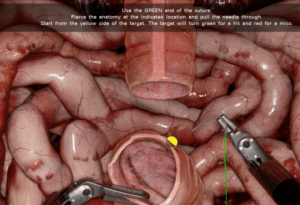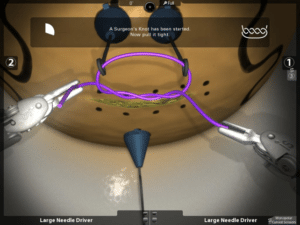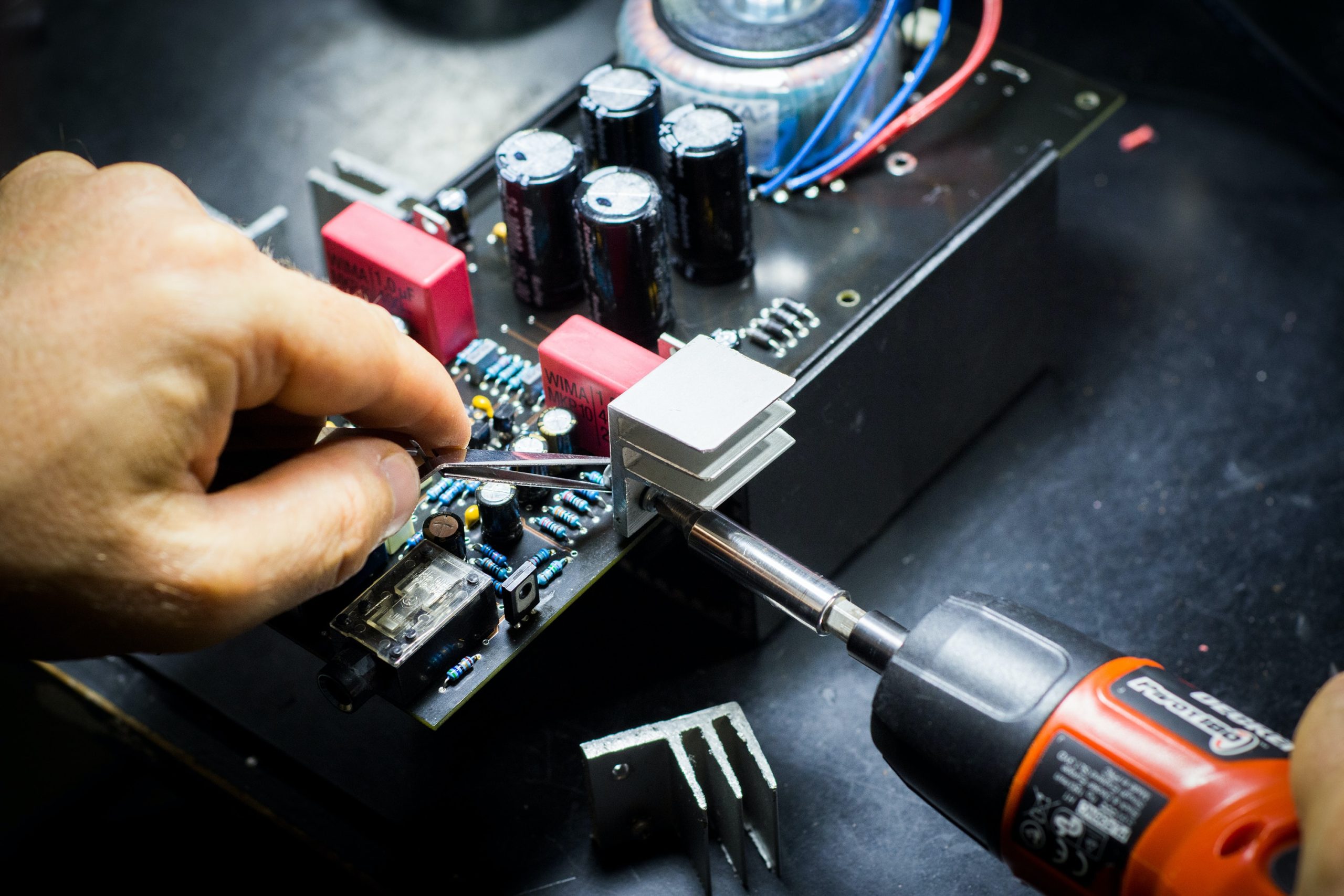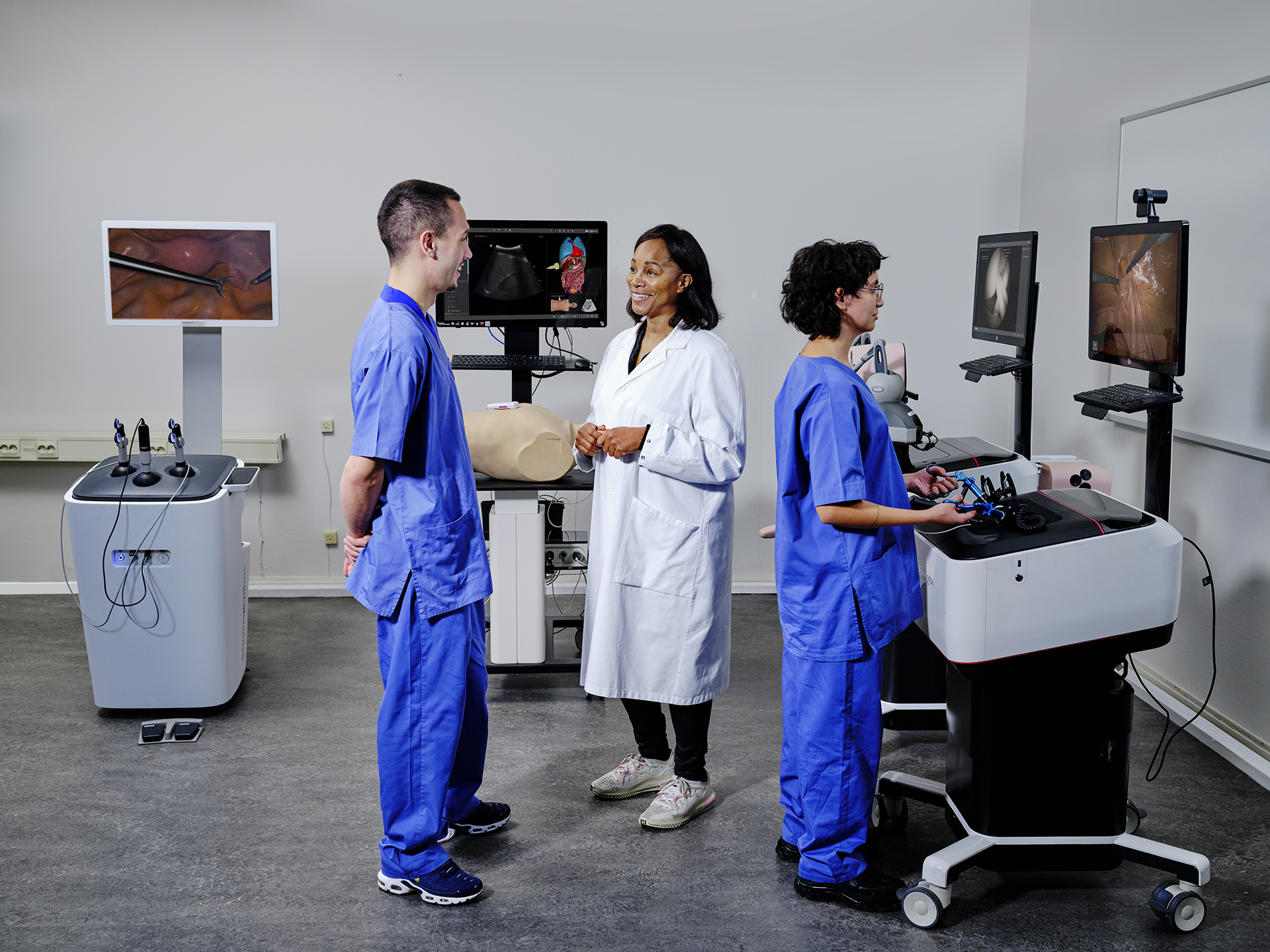Robotic Surgery Training Simulation
The FlexVR® is a flexible and portable training platform which is designed to teach basic and advanced skills for robotic surgery to a wider audience, from medical students to experienced surgeons. The FlexVR allows trainees to quickly learn the fundamentals of robotic surgery, such as wristed instrument manipulation, camera control, clutching, energy control, needle driving, and suturing.
Book
A Virtual Demo




At Phantasim, we offer an aftercare package to ensure our friendly support team can offer assistance should you incur an issue with your simulator or modules. Phantasim are based in Western Australia, however your aftercare package allows us to remotely access your simulator via satellite and resolve any issues remotely. Should your simulator require hands-on assessment, our support team will visit your facility anywhere within Australia or New Zealand to appraise your simulator and provide a solution.


Whether you’re in Australia or New Zealand, our team at Phantasim are your surgical simulation partners. Our dedicated team handle distribution, maintenance, and ongoing aftercare for simulation units and modules.

Phantasim are proudly partnered with Surgical Science, who manufacture the simulation units which support the education and growth of medical professionals across the globe.

Our aftercare team at Phantasim are just a phone call away. Once you’ve received your simulator, we will visit your facility for installation and analysis as well as provide ongoing aftercare and support.

Each simulator has remote access capabilities, allowing our team to assess any issues or irregular activities from any location. Alternatively, our support team can visit your facility as part of your aftercare package.
Barry T. Katzen, M.D., FACR, FACC, FSIR
Director
Cardiovascular Center and department of Internal Medicine, Sankt Katharinen, Frankfurt Germany
“
We have been very interested in improving patient care through learning and essentially rehearsing the procedures before we treat the patients.
Horst Sievert MD PhD
Director
Cardiovascular Center and department of Internal Medicine, Sankt Katharinen, Frankfurt Germany
“
Simulators will have a place in the future to plan a procedure.
Prof. Michael Glikson
Director of Electrophysiology and Pacing
Sheba Medical Center, Israel
“
I remember my days as a new intern….the first cases I performed were very difficult and it was a scary experience, since it takes between 10-20 procedures until you really feel that you are proficient.
Dr Thomas Bossmar, MD, PhD
Consultant at the Women's Clinic and Practicum
SuS in Lund
“
I want to emphatically state that simulated laparoscopic training with LapSim should be a cornerstone of surgeon training and absolutely contributes to patient safety.
Clinical simulation training allows students in the medical field to practice their skills in an authentic, safe, simulation environment. Simulation-based training provides a great opportunity for students to increase their knowledge in both technical and non-technical procedures, with built-in software providing feedback and guidance along the way. Students can practice, learn, and increase their surgical skills with peace of mind knowing they’re safely practicing without risking the life of a live patient.
Absolutely. Simulation training allows medical professionals to practice their skills via virtual reality without risking the safety of a live patient. They also have the benefit of reducing the demand on supervision time which leads to more skilled and confident medical professionals. Whilst using the simulator, real time guidance and feedback is provided with the software so any mistakes made are recognised instantly.
Universities throughout Australia and New Zealand would greatly benefit from investing in a surgical simulator for their students studying in the medical industry. This advanced tool allows students to gain the knowledge and skills necessary to move into their preferred field with both confidence and competence.
A human patient simulator typically ranges in price from $10,000 to $100,000 depending on the type, brand, features, and included support services.
